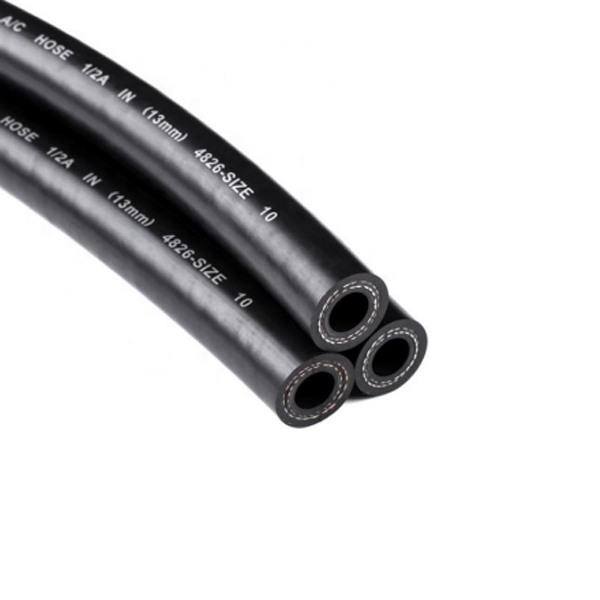Exploring the Benefits of Hydraulic Brake Lines for Motorcycle Performance and Safety
Nov . 30, 2024 11:52 Back to list
Exploring the Benefits of Hydraulic Brake Lines for Motorcycle Performance and Safety
Understanding Motorcycle Hydraulic Brake Lines
Motorcycles are some of the most exhilarating and dynamic forms of transportation, offering riders a unique combination of speed, agility, and freedom. However, with this excitement comes the critical need for effective braking systems to ensure rider safety. One of the key components in a motorcycle's braking system is the hydraulic brake line. This article will explore the purpose, function, and maintenance of hydraulic brake lines in motorcycles.
What Are Hydraulic Brake Lines?
Hydraulic brake lines are tubes that carry brake fluid from the master cylinder to the brake calipers. They are an essential part of the hydraulic braking system, which operates on the principle of Pascal's law pressure applied to a confined fluid is transmitted undiminished throughout the fluid. This means that a small force applied on the brake lever can produce a much larger force at the caliper, efficiently slowing down or stopping the motorcycle.
Typically, hydraulic brake lines are made of high-strength materials designed to withstand the high pressures generated during braking. Common materials include rubber, reinforced braided stainless steel, or even plastic composites. These materials are chosen not only for their strength and durability but also for their ability to resist wear and environmental conditions.
The Function of Hydraulic Brake Lines
The primary function of hydraulic brake lines is to transfer brake fluid from the master cylinder—where the brake lever is located—to the brake caliper, which houses the brake pads that clamp onto the rotor attached to the wheel. When the rider pulls the brake lever, the master cylinder pushes brake fluid through the hydraulic lines.
As the brake fluid travels through the lines, it reaches the brake calipers, where it exerts pressure on the pistons inside the calipers. This pressure causes the brake pads to press against the brake rotor, creating friction that slows the motorcycle down. The efficiency of this system relies heavily on the integrity of the hydraulic lines; any leaks or weaknesses can lead to a loss of braking power.
motorcycle hydraulic brake line

Maintenance of Hydraulic Brake Lines
To ensure a motorcycle's braking system performs optimally, regular maintenance of hydraulic brake lines is crucial
. Here are some important maintenance tips1. Regular Inspection Riders should check hydraulic brake lines for any signs of wear, cracks, or leaks. Any visible damage can compromise the brake system and should be addressed immediately.
2. Brake Fluid Replacement Brake fluid is hygroscopic, meaning it absorbs moisture over time. This can lead to corrosion within the braking system and reduce the boiling point of the fluid, leading to brake fade. It’s advisable to replace the brake fluid according to the manufacturer's recommendations, typically every one to two years.
3. Bleeding the Brakes Air trapped in the hydraulic lines can lead to a spongy brake feel and decreased braking efficiency. Regularly bleeding the brakes to remove any air bubbles ensures that the brake system remains responsive.
4. Professional Servicing While some maintenance tasks can be performed by the owner, it is wise to have a professional mechanic inspect the hydraulic brake lines during routine maintenance or whenever there are signs of braking issues.
Conclusion
In conclusion, the hydraulic brake line is a critical component in a motorcycle's braking system, converting the mechanical force from the rider into effective stopping power. Understanding the function and maintenance of these hydraulic lines not only enhances the performance of the braking system but also ensures the safety of the rider. By taking proactive measures in inspecting and maintaining these components, motorcyclists can enjoy their rides with confidence, knowing that they have a reliable braking system at their fingertips. Whether you're an avid rider or a casual enthusiast, keeping your motorcycle's hydraulic brake lines in peak condition is a fundamental aspect of responsible motorcycle ownership.
